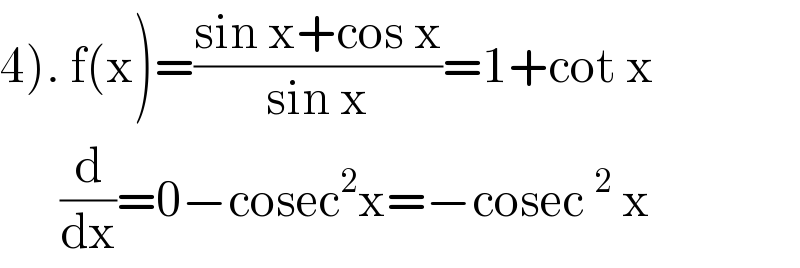
Question and Answers Forum
Question Number 152904 by DELETED last updated on 03/Sep/21
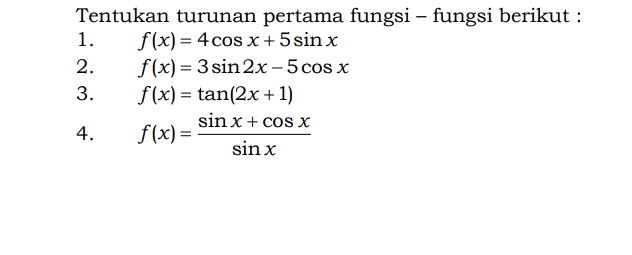
Answered by DELETED last updated on 03/Sep/21
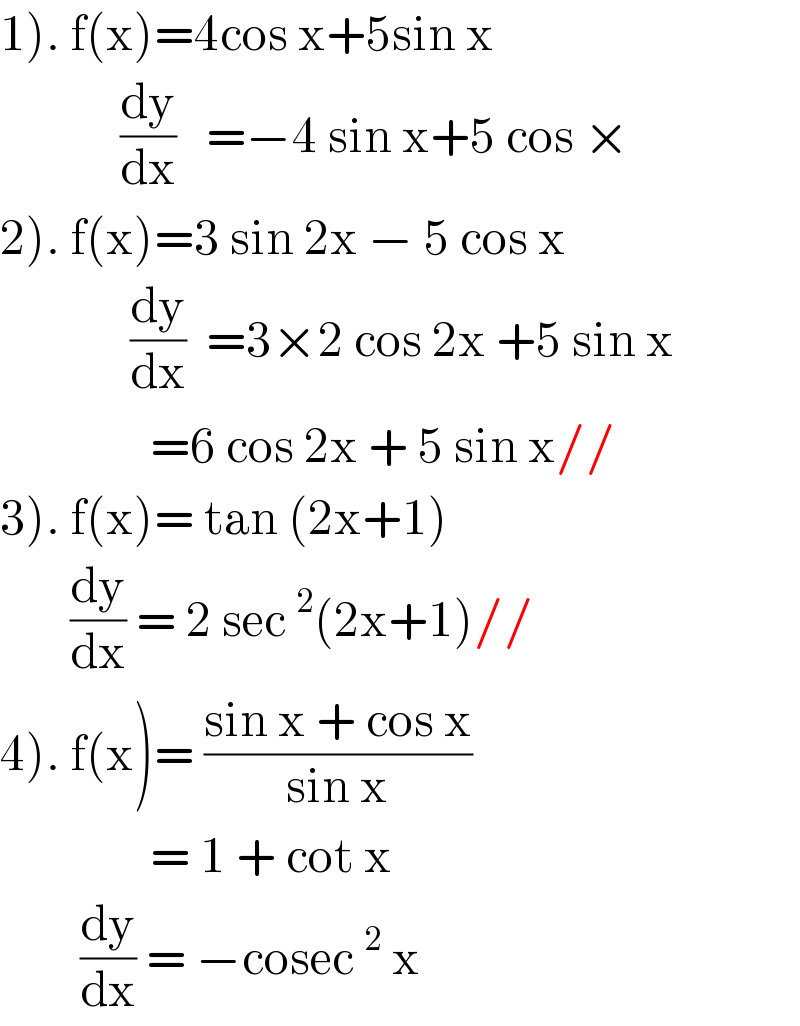
Answered by DELETED last updated on 03/Sep/21
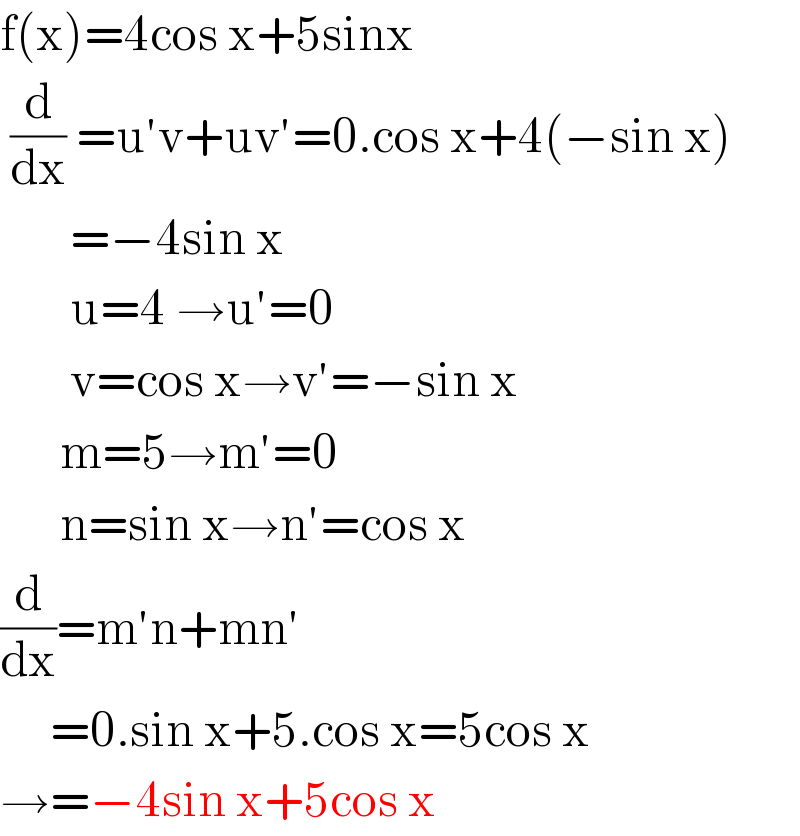
Answered by DELETED last updated on 03/Sep/21
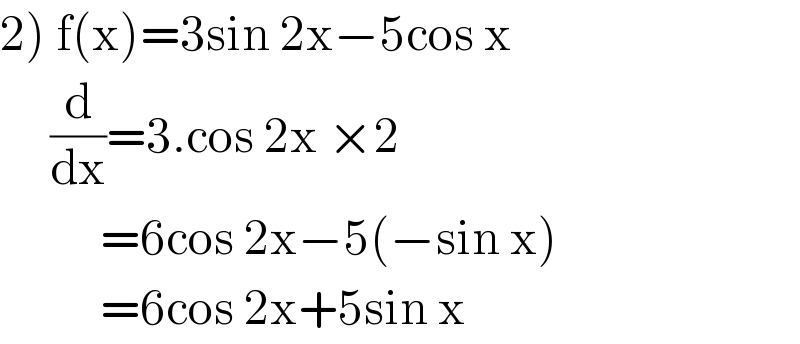
Answered by DELETED last updated on 03/Sep/21

Answered by DELETED last updated on 03/Sep/21
